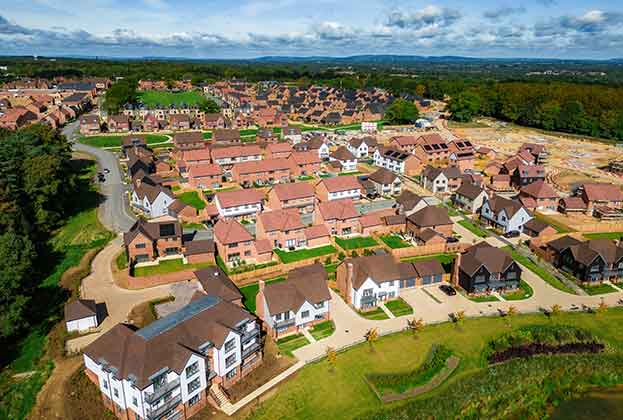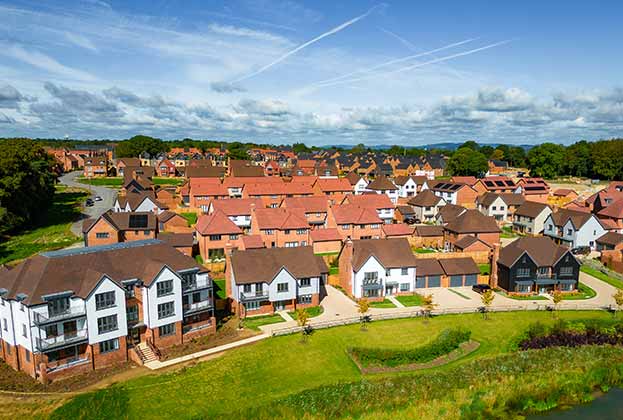Getting to grips with the practicalities following a bereavement can feel overwhelming and organising the sale of a property in particular might seem like a daunting prospect. As agents we are not only here to ensure you achieve the best sale price, but to help and support you through the process to ensure it’s as stress free as possible.
There is no obligation to sell a house after someone dies – people named in the will have the right to transfer the home into their own names and live in it, let it or sell at a later date. If you do decide to sell, then in theory you can put a property on the market almost immediately. But it’s important to realise you cannot complete the sale before probate – the legal process of administering the estate of the deceased – has been granted.
You have six months from the end of the month in which a loved one died to pay any inheritance tax that might be due. If you cannot meet this deadline, HMRC will charge interest (current rate 6 per cent) until the bill is paid. You cannot obtain probate without paying part of any inheritance tax due on the estate to HMRC upfront. Which is something of a catch-22 situation, particularly if there are no liquid assets available.
‘In this event, you may need to consider a loan to the estate or securing credit from HMRC,’ Nadia Cowdrey, Partner & Head of Private Client at DMH Stallard tells me.
There’s a delicate balance to be struck when it comes to the best time to try to sell a property after someone has died. Wait a while and you might have probate in place, enabling a sale to proceed as soon as your buyer and the rest of the chain are ready. Alternatively, you can put the property on the market straight away and hope that probate arrives by the time all parties are ready to exchange.
Nadia suggests it is prudent to wait for eight weeks or so after a death before starting the marketing process. She tells me that backlogs caused by lockdown, the closure of local Probate Registries and the move to digital applications for the bulk of applications has resulted in unprecedented delays. At the moment it takes about 16 weeks after a probate application for it to be granted.
A long period between agreeing a sale price and being ready to exchange may see your prospective buyer asking for a price reduction in a falling market. Either way, an experienced agent will be able to advise on the timing best suited to your individual property, as well as helping to manage the expectations of prospective buyers on how long the probate process might take.
When selling a probate property, particularly in times of economic uncertainty, it’s possible you might not achieve the value declared for inheritance tax and probate purposes. In this scenario you can submit a Corrective Account to HMRC to substitute the actual sale price for the original value declared, although there are time limits and certain other conditions which must be satisfied to do this. Conversely during the Covid-19 property boom, the opposite was often the case and it was important to consider how to mitigate the impact of Capital Gains Tax between the value agreed for inheritance tax purposes and the actual sale price.
‘A lawyer specialising in probate can advise on all aspects and support you through this process,’ says Nadia.
‘Not taking advice can also be costly if you are unaware how tax operates on death. A private client lawyer may also be able to advise on steps to reduce inheritance tax for future generations, although timely advice is essential as some steps have strict time limits.’
Further information
Selling a home after a relationship breakdown


(2).jpg)
.jpg)
.jpg)




.jpg)
.jpg)